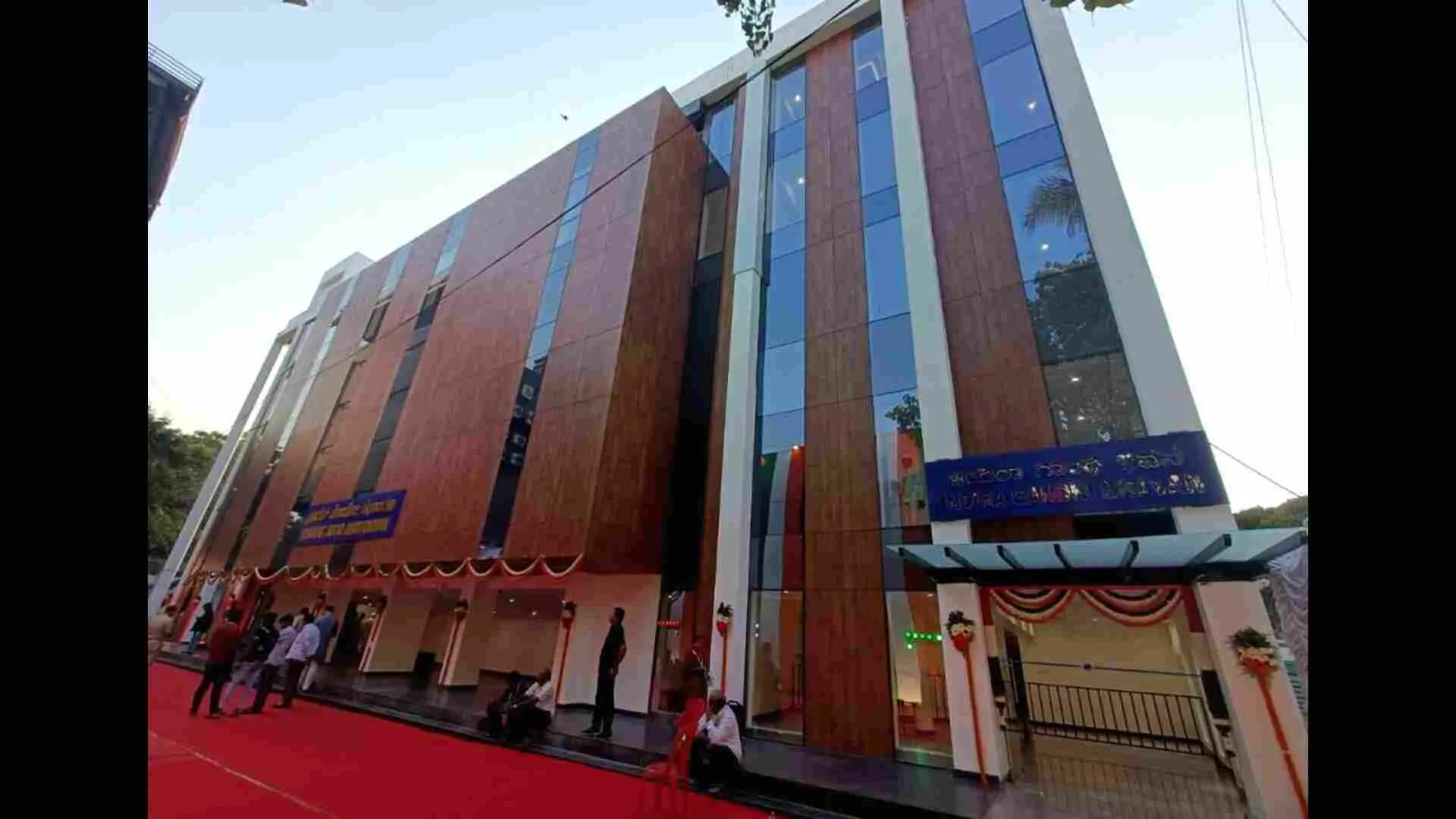The Delhi High Court in the case Kush Raj Bhatia v. DLF Power and Services Limited observed and has held that the place of arbitration would not become the seat of arbitration when the parties have conferred exclusive jurisdiction on a Court other than the seat Court.
The bench comprising of Justice Neena Bansal Krishna observed and has held that conferring exclusive jurisdiction, over a Court different from the Court at the place of arbitration and the same would be a contrary indicia and the place of arbitration would merely be the venue and only the Court at which exclusive jurisdiction is conferred shall have the jurisdiction to decide all applications arising out in relation of the arbitration between the parties.
Facts of the Case:
In the present case, the parties entered into a Registered Lease Deed dated 10.05.2011 vide which the petitioner leased the subject property to the respondent for monthly rent to the tune of 1,90,650/- with a period of over 11 years as the lock-in period.
However, a dispute arose between the parties when allegedly the respondent stopped paying the monthly rent. Therefore, the lease deed was terminated by the respondent, thus, the petitioner was constrained to issue the notice of arbitration suggesting the name of the arbitrator. In its reply, the respondent did not agree with the proposal of the petitioner. Thus, the petitioner approached the High Court under Section 11 of the A&C Act.
Objections Made By The Court:
It was objected by the respondent to the maintainability of the petition on the following grounds:
The present dispute between the parties involves a landlord-tenant relationship which is governed by a special Statute i.e., Haryana Urban (Control of Rent and Eviction) Act, 1973, therefore, the dispute arose between the parties is not arbitrable.
The Delhi High Court has no jurisdiction as the Lease Deed conferred exclusive jurisdiction on the Courts at Gurugram, Haryana.
It is only mentions in the arbitration clause New Delhi as the place of arbitration and the same cannot amount to designating a seat of arbitration.
Analysis Made by the Court:
It had been held by the court that the dispute between the parties pertains to the recovery of rent for which there is no provision in the Haryana Rent Legislation, however, the objection taken by the respondent regarding non-arbitrability of the subject matter is not tenable and liable to be rejected.
Further, the court dealt with the objection regarding the jurisdiction of the Court to entertain the petition. It was observed by the Court that both under Clauses 48 & 49 of the Lease Deed, the parties have conferred exclusive jurisdiction upon the Courts at Gurugram, Haryana. Moreover, it was only mentioned in the arbitration clause, New Delhi as the place of arbitration.
Further, the court referred to judgments of the Supreme Court and various High Courts to hold that mere expression ‘place of arbitration’ cannot be the basis to determine the intention of the parties that the parties have intended that place as the “Seat of Arbitration”. The court held that intention of the parties to designate a place as seat of arbitration is to be determined on the basis of other relevant clauses.
The court also referred to the Supreme Court judgement in the case Roger Shashoua v. Mukesh Sharma, wherein to hold that a place would be deemed to be the seat of arbitration unless there is any contrary indication or Contrary Indicia. Thus, the court held that conferment of exclusive jurisdiction on the Courts at Gurugram, Haryana is a contrary indication that the parties did not intend to make New Delhi the seat of arbitration.
It was held by the Court that New Delhi would remain the place of arbitration but the seat of arbitration shall be Gurgaon and High Court at Chandigarh.
Accordingly, the bench dismissed the petition for want of jurisdiction.























